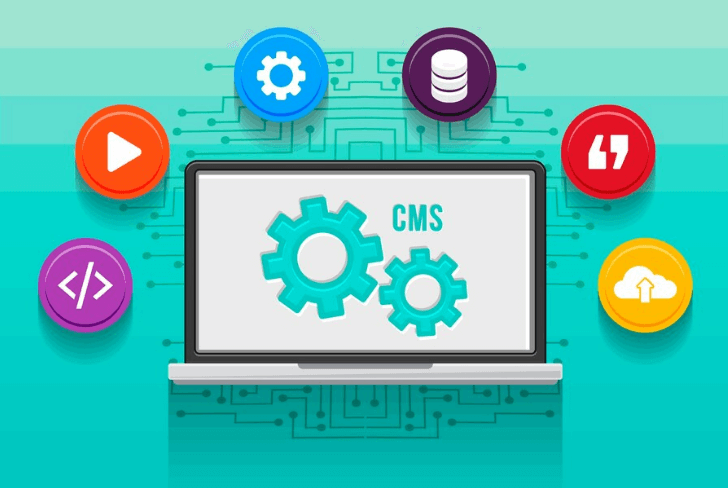Should I learn Ruby or Ruby on Rails first to get started with developing web apps?

To get started with developing web apps, particularly with a focus on Ruby on Rails web app development, it's generally recommended to learn Ruby first. Here's why:
Learning Ruby First
1. Foundation in the Language:
- Ruby is the programming language that underpins Ruby on Rails. Understanding Ruby fundamentals will give you a solid foundation, making it easier to grasp how Rails works.
- Basic concepts such as object-oriented programming, syntax, and Ruby's unique features (like blocks, modules, and mixins) are essential for effectively using Rails.
2. Better Debugging and Customization:
- Knowing Ruby allows you to write custom code more effectively, debug issues, and understand what's happening under the hood in Rails applications.
- It also helps you to customize and extend the functionality of your Rails apps beyond the default Rails conventions.
Moving to Ruby on Rails
1. Framework-Specific Knowledge:
- Once you have a good grasp of Ruby, learning Rails will be more straightforward. Rails is a web application framework written in Ruby, and it abstracts and simplifies many web development tasks.
- Rails follows conventions that can be best understood if you know the language it's built on.
2. Rapid Development:
- Rails is designed to be developer-friendly and to facilitate rapid development. It has built-in solutions for common web development tasks, like database interactions, form handling, and session management.
- Understanding Ruby allows you to fully leverage these features, making you more productive as you start building web applications.
Comparison with Django Full Stack Web Development
If you're considering Django full stack web development alongside Ruby on Rails, here are a few points to consider:
1. Language Preference:
- Django is built on Python, which is known for its readability and simplicity. If you already know Python or find it easier to learn, you might lean towards Django.
- Rails uses Ruby, which has its own set of elegant and expressive syntax. Choose the one that aligns with your language preference.
2. Ecosystem and Community:
- Both Django and Rails have strong communities and extensive documentation. The choice might come down to the specific resources and community support available for your project needs.
3. Job Market and Opportunities:
- Consider the demand for Django and Rails developers in your target job market. Both have significant demand, but this can vary by region and industry.
Conclusion
For starting with Ruby on Rails web app development, begin with learning Ruby. It will provide you with the necessary foundation to understand and effectively use Rails. Once comfortable with Ruby, transition to learning Rails to take advantage of its powerful web development capabilities.
If you're still undecided and are also considering Django full stack web development, weigh the factors like language preference, community support, and job market opportunities to make an informed decision.
- Industry
- Art
- Causes
- Crafts
- Dance
- Drinks
- Film
- Fitness
- Food
- Jeux
- Gardening
- Health
- Domicile
- Literature
- Music
- Networking
- Autre
- Party
- Religion
- Shopping
- Sports
- Theater
- Wellness
- News


